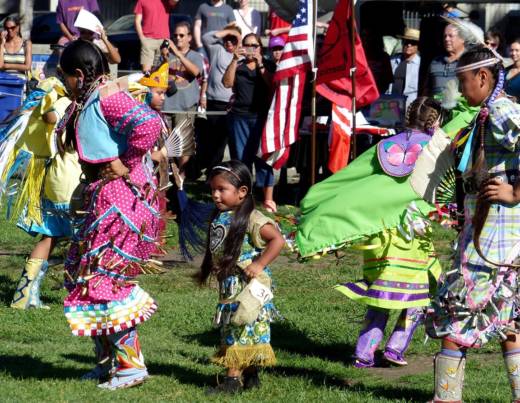Updated Monday, Oct. 14, 2019
Indigenous Peoples Day, the holiday that celebrates Native American culture and its people, celebrated its 27th anniversary in Berkeley on Saturday. It's also the holiday that began as a Bay Area counterprotest to Columbus Day.
Here’s how it happened: In the 1980s, then-U.S. President Ronald Reagan created the Christopher Columbus Quincentenary Jubilee Commission. Its job was to come up with a grand celebration to commemorate the 500th anniversary of the arrival of Columbus in the Americas.
The plan was for replicas of Columbus’ three ships to sail along the East Coast and then over to California.
“They were going to go into the Panama Canal, and sail into the San Francisco Bay as part of this national hoopla,” says John Curl, Berkeley resident and one of the organizers of the first Indigenous Peoples Day.
